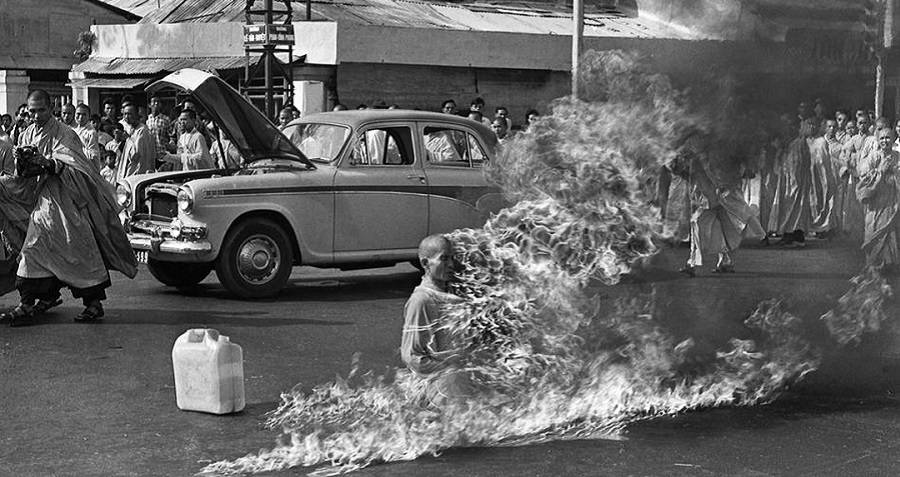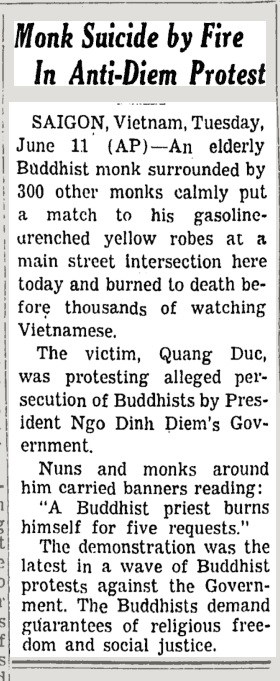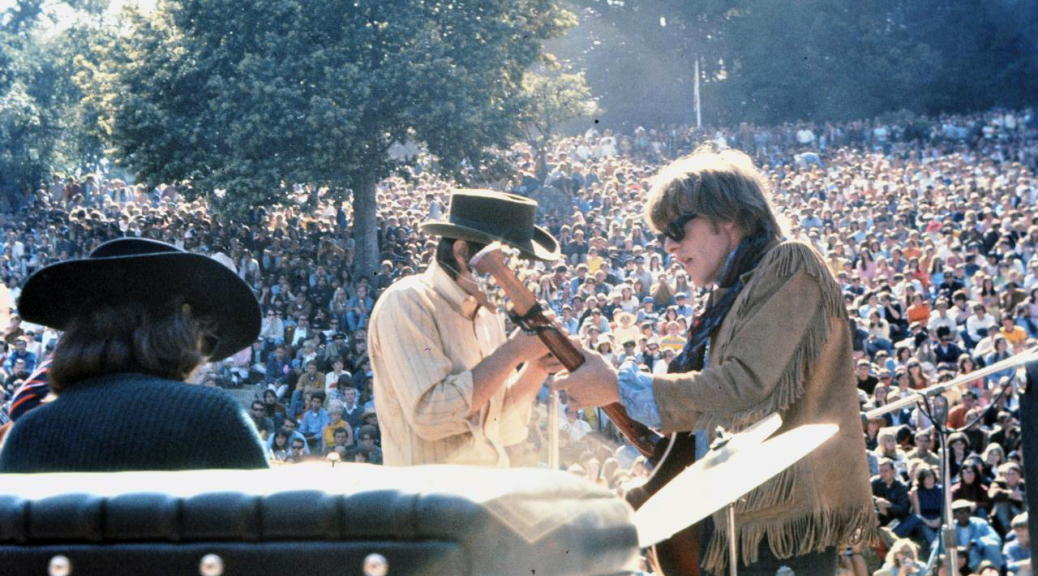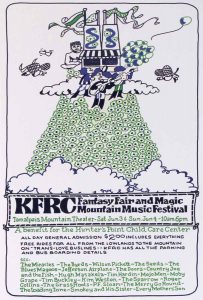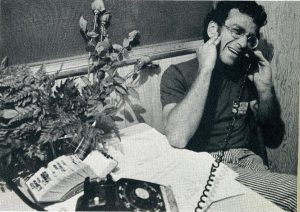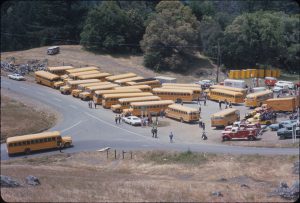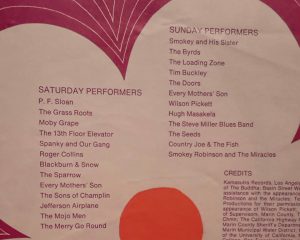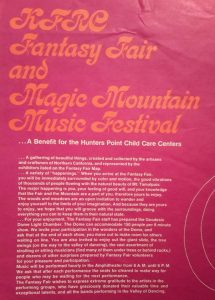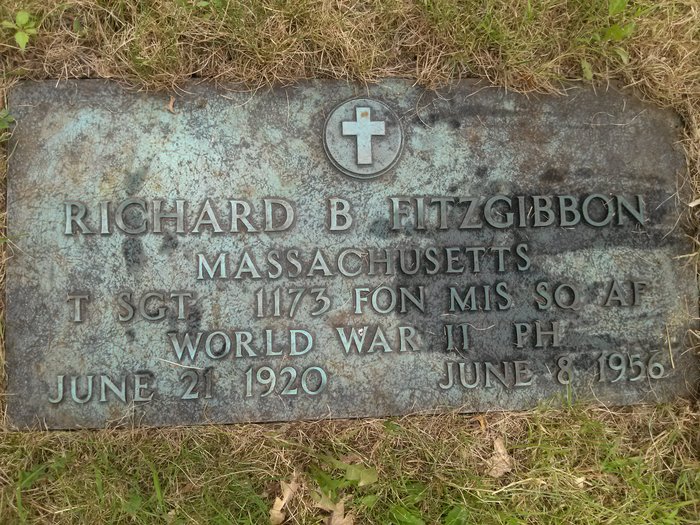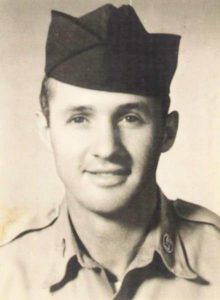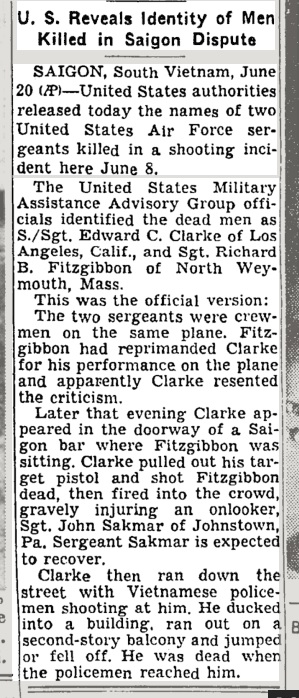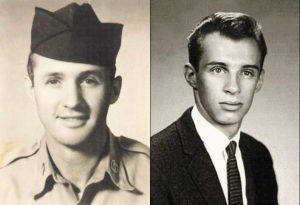Monk Thich Quang Duc
7th grade daydreams
It was Tuesday 11 June 1963. I was about to finish 7th grade and envisioned 8th grade and imaginary girlfriends. That afternoon’s Bergen Evening Record would be light. My paper route done quickly enough to have time to play basketball on the side of my house with a few friends.
The sun set that evening at 8:27. I don’t remember that, of course, but it meant that I might have gone out after dinner despite it being a weekday.
President Kennedy
On June 11, 1963, John F Kennedy was President. November 22 164 days away.
I don’t know if the name Vietnam meant anything to me. Unlikely. The Gulf of Tonkin was 418 days away. That would be the day that many more Americans would learn the name Vietnam.
Little did they realize that it would be 3,100 days before the signing of the Paris Peace Accord. What would they have thought had they known?
Monk Thich Quang Duc
Civil War…religious persecution
Vietnam was in turmoil. Ho Chi Min’s northern forces faced a series of leaders in South Vietnam.
In 1961, when Malcolm Wilde Browne arrived in Vietnam, he was Associated Press’s first permanent correspondent there. The large majority of South Vietnamese were Buddhist, but the current President, Ngo Dinh Diem, was Roman Catholic and had instituted repressive Buddhist policies.
On May 8, 1963 South Vietnamese soldiers had opened fire on a group of Buddhists who were flying the Buddhist flag–a violation of a government ban. Nine were killed. Protests followed.
Monk Thich Quang Duc
Thich Quang Duc
The evening of June 10, Browne and a few other correspondents received a message that something important would happen the next day.
On June 11 they witnessed a peaceful protest with about 350 monks marching and carrying banners demanding religious equality.
Among the monks was Thich Quang Duc, a senior leader who had helped establish many Buddhist temples.
After the march had gone a few blocks, the monks formed a circle and Thich Quang Duc took the lotus position at the center. Another monk poured gasoline over Thich Quang Duc who moments later lighted a match and self-immolated.
Before closing my eyes…
In a letter he left, Thich Quang Duc wrote: Before closing my eyes and moving towards the vision of the Buddha, I respectfully plead to President Ngô Đình Diệm to take a mind of compassion towards the people of the nation and implement religious equality to maintain the strength of the homeland eternally. I call the venerables, reverends, members of the sangha and the lay Buddhists to organize in solidarity to make sacrifices to protect Buddhism.
It took 15 hours over 9,000 miles of AP WirePhoto cable for Malcolm Browne’s pictures to reach the USA. [images via rarehistoricalphotos dot com]
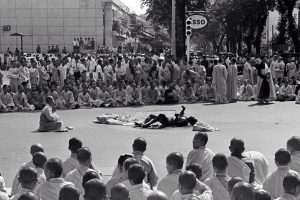
Media reporting
Other Buddhist monks later did the same and inspired a few Americans to do the same in protest to the undeclared war.
I was in 7th grade and had no idea what the next 3,100 days were bringing to Americans.

